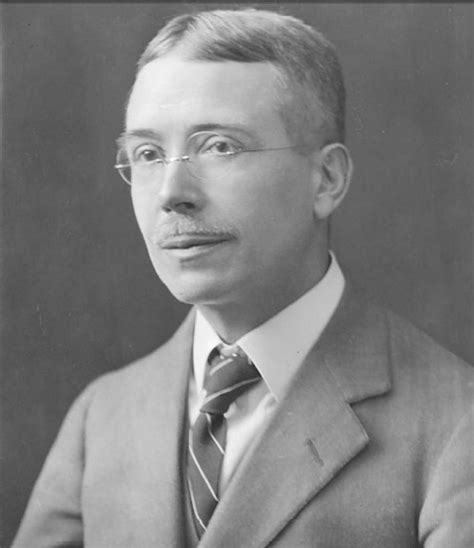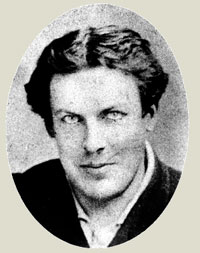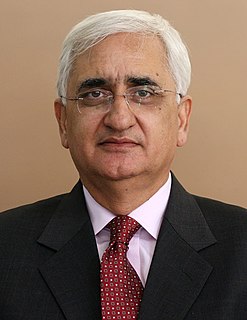A Quote by William Strunk, Jr.
Rich, ornate prose is hard to digest, generally unwholesome, and sometimes nauseating.
Related Quotes
If you ask any of the other actors, they'd probably say nice things because they're nice people, but I was always like, "Oh gosh, I hope I'm doing this right." I was very hard on myself, and I continue to be. That's why it's sometimes hard for me to digest watching myself on television. There is some pressure.
When I was in law school I was taught that the great writers were people like [Oliver Wendell] Holmes Jr. and [Benjamin N.] Cardozo. But you go back and read their prose and it's sort of perfumed and very ornate and show-offy. And they're constantly striving for these abstractions that seem archaic nowadays.
Certainly for me prose has a dilatory capacity, insofar as I don't trust my abilities in prose. I imagine I could have done the same thing in poetry, but sometimes I feel more fluent in poetry than in prose, and as a consequence perhaps I might pass too quickly by a thing that I might, in prose, have struggled merely to articulate. That struggle creates space, and it seems to me a particular kind of space into which memory flows easily. I suspect I think better in poetry, however.
Poetry has an indirect way of hinting at things. Poetry is feminine. Prose is masculine. Prose, the very structure of it, is logical; poetry is basically illogical. Prose has to be clear-cut; poetry has to be vague - that's its beauty, its quality. Prose simply says what it says; poetry says many things. Prose is needed in the day-to-day world, in the marketplace. But whenever something of the heart has to be said, prose is always found inadequate - one has to fall back to poetry.






































